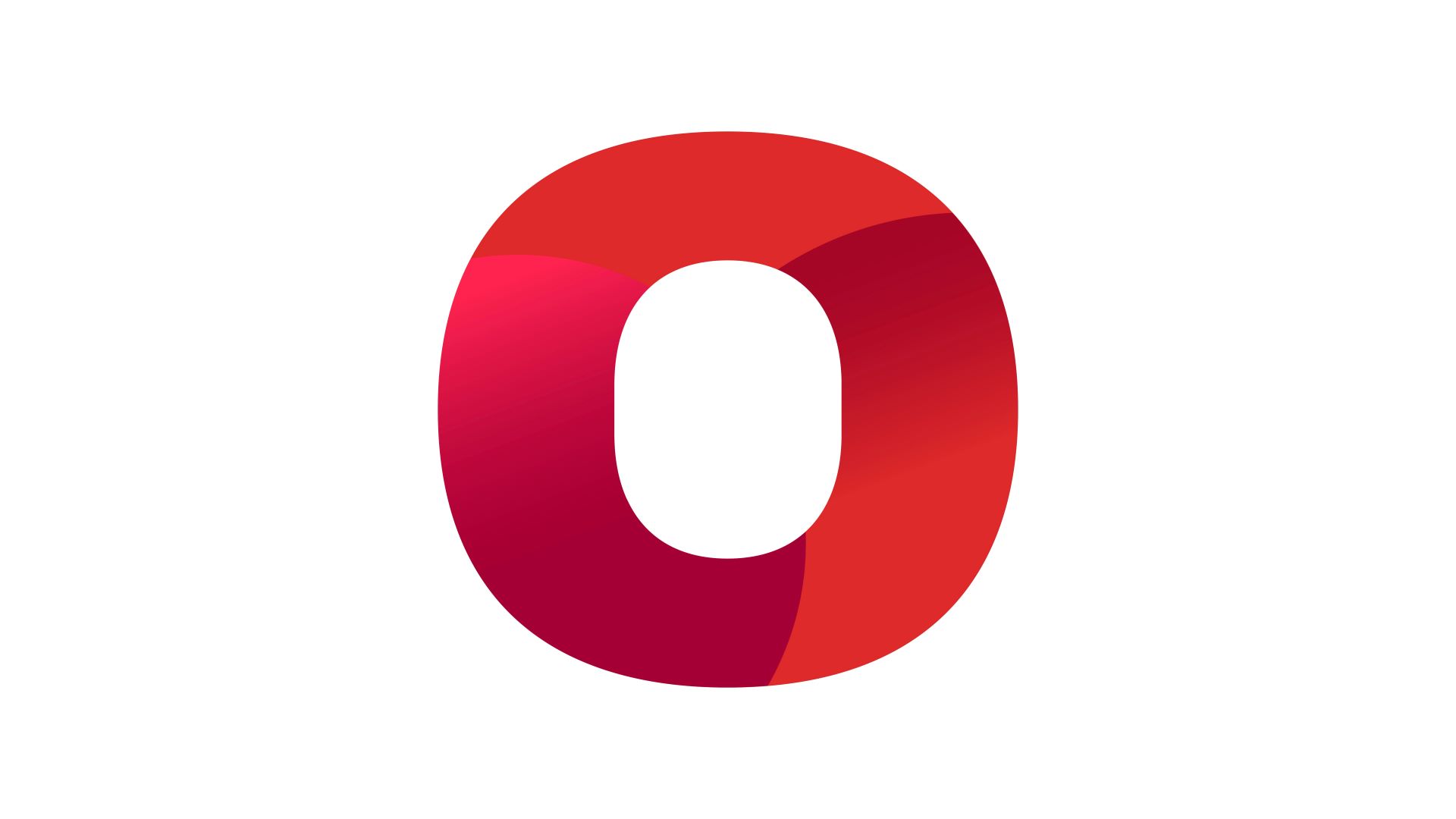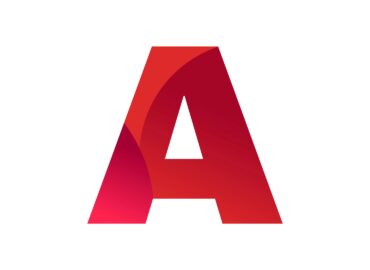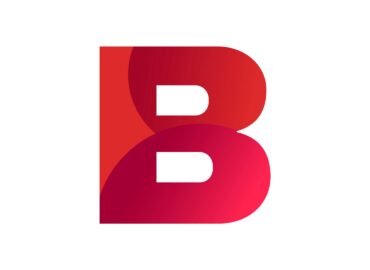O – Glossary
The branch of workplace health and safety that focuses on preventing work hazards.
A type of training in which employees learn new skills or knowledge by working alongside experienced colleagues or by performing actual job tasks.
The process of integrating new employees into an organization, including orientation, training, and socialization.
The process of integrating new employees into an organization through orientation, training, and socialization to improve retention and performance.
The delivery of learning content and experiences in real-time as and when required by the learner.
A type of training where employees learn by doing the work itself, rather than in a separate training environment.
Digital credentials that represent achievements, skills, or learning outcomes.
The shared values, beliefs, attitudes, and behaviors that shape an organization’s unique character and identity.
Organizational development is a systematic process of planning the workforce needs, training and development and right-skilling the employees to bring out the best in them. The benefits of organizational development can be a higher level of employee engagement, increased workforce productivity, better work-life balance and adaptability to changing work environments to improve performance and team efficiency.
The use of data analysis and visualization to understand and improve the social and communication networks within an organization.
Support and assistance provided to employees who have been laid off or terminated, including help with job searching, resume writing, and interview preparation.
Outsourcing in Talent Intelligence Platform (TIP) refers to the process of engaging external service providers to handle certain HR functions, such as recruitment, training, payroll processing, or benefits administration.



